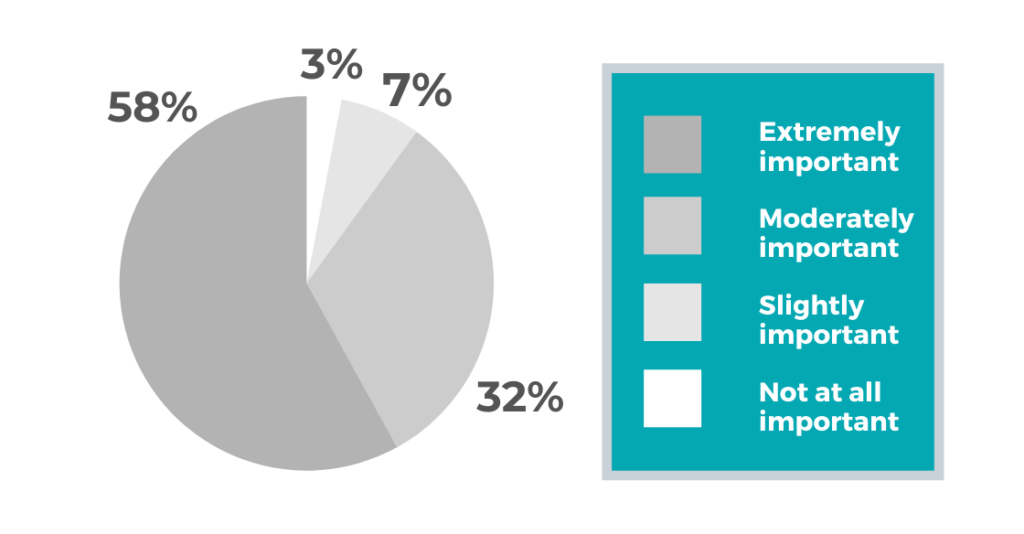February 23, 2021
February 23, 2021
Research and development is a key component in the successful discovery and development of new drugs and medical devices entering the market. It’s also an area of big business, with investments in R&D experiencing historic growth year after year.
With such impressive growth comes a need for companies to have a sound R&D strategy. Here, we talk about the importance of R&D and how to improve your R&D processes.
Research and development is defined by innovation and obtaining new knowledge. Before introducing new products and services into the marketplace or improving existing similar tools, companies must first engage in the R&D process to fully understand the applications of that innovation.
There are three main types of research and development as defined by the National Science Foundation:
The importance of R&D, particularly in the biotechnology research and development space, is tangible. Innovation can lead to improvements in the overall health of a population. But research and development is also critical to the health of companies doing the research.
Consider the work being done with the genome-editing tool CRISPR-Cas9, a tool that could have a wide range of applications in the treatment and cure of diseases that link back to genetics. This includes everything from cancer to high cholesterol.
While challenges certainly exist, particularly in the effective planning and execution of research and development programs, these programs’ value goes beyond innovation when run successfully.
Once products such as new drugs or medical devices hit the market, the need for continued research into the efficacy of those products continues.
Research teams consistently monitor data to account for potential side effects, unknown variables, or new applications for existing products. With the overwhelming amount of big data in medical science that emerges via R&D, working with a resource management team helps ensure ongoing data management is monetized properly.
In the coming years, R&D will explode with the possibilities of personalization. Patients are looking for personalized responses to their healthcare needs. The general public is becoming more and more aware of just how unique their genome and physiologies are. Research and product development that focuses on a more granular approach to health solutions will not only provide reliable revenue for biotech, but better answers for consumers.
Despite research and development costs, investment in R&D is critical for biotech to remain competitive in the market. New, unique products mean fresh sales and fresh eyes on an organization, on top of tax credit opportunities. Aggressive research and development strategies are then critical to a company’s business plan.
R&D also supports economic growth on a global scale in both direct and indirect ways. In the biopharmaceutical industry alone, R&D is a top driver of high-quality, well-paid employment opportunities, generates revenue for a company through innovative products, and can be an internal investment tool in statewide clinical trials.
Companies known for innovation have an easier time recruiting and keeping talent. Talented researchers seek environments where they can do work that leads to important results. Therefore, these researchers will seek out companies that have a developed R&D process.
A robust R&D program drives not only new products and devices but also entices top talent. Progress comes as a result of efficient, effective teams doing the difficult work to improve health outcomes.
Now that you know the importance of research and development, it’s just as important to ensure that your R&D strategy is sound. Take the following steps to improve your R&D process:
ProPharma experts support you in your endeavors to innovate and ensure that your R&D processes are efficient and effective. While many challenges exist, identifying and mitigating difficult obstacles often takes “fresh eyes,” something only outside, experienced consultants can provide.
ProPharma insights help you move your R&D strategy to the next level so you can focus on big picture innovations and exciting new products central to your market.

October 29, 2019
Big data is hitting us from all angles, and life science industries are not being left out. Why? Your life depends on it, literally. Life sciences generate lots of large and complex data every single...

April 28, 2025
While AI has been topping the agenda at most industry events for several years now, the progression from futuristic vision to nearly commodity capability was particularly apparent at BioIT World...